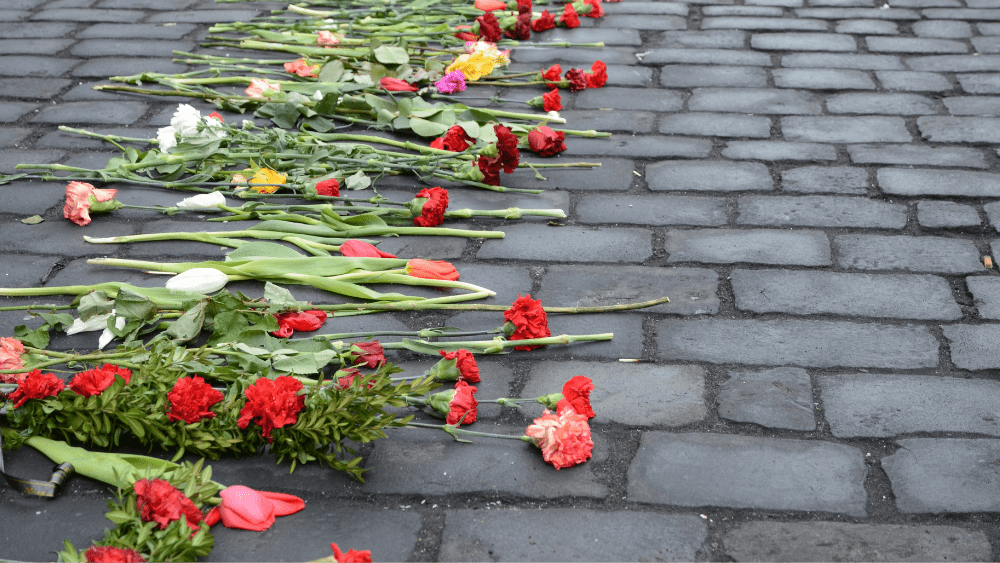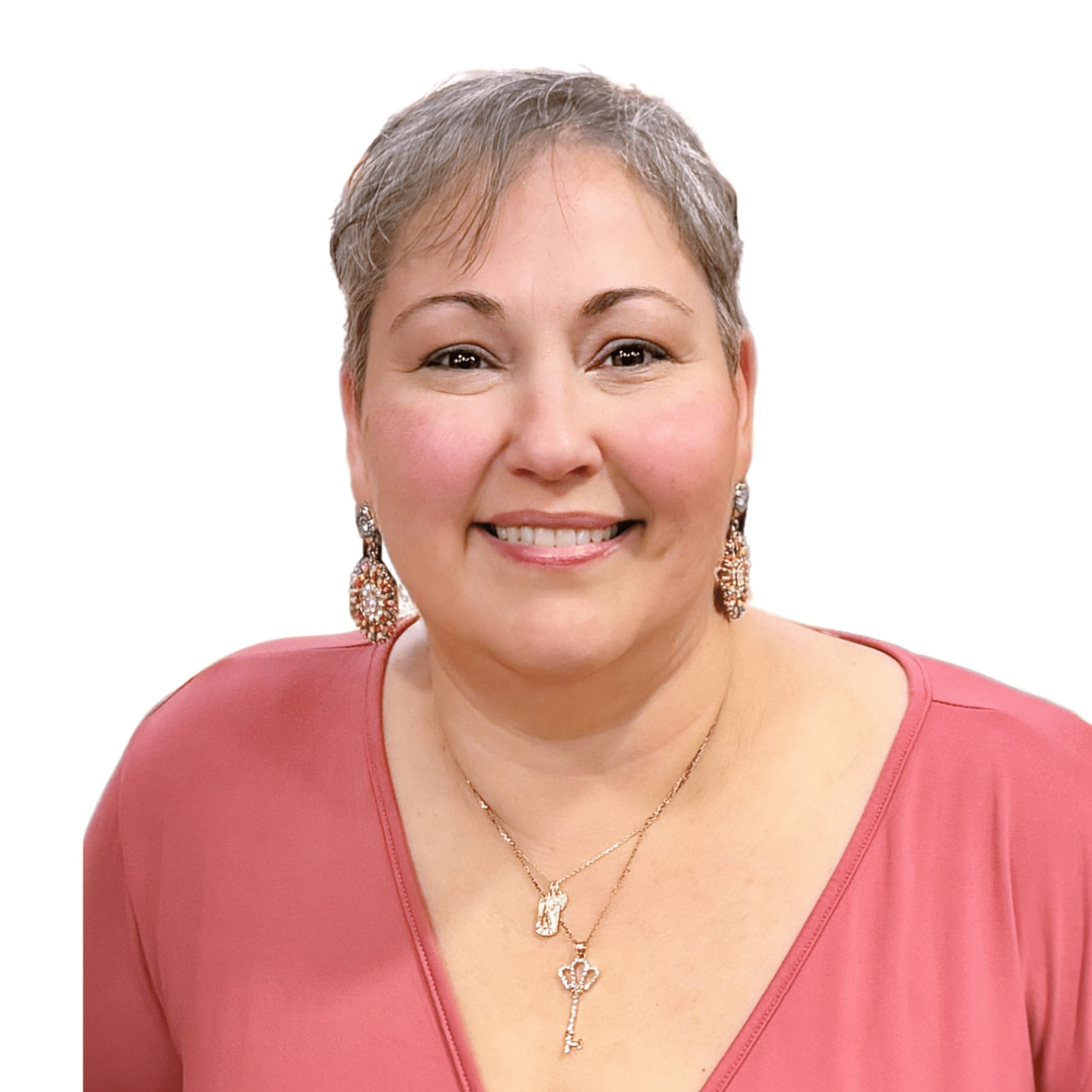The Link Between Childhood Trauma and Long-Term Grieving Process
If you endured traumatic experiences as a child, it's likely you feel like you are carrying a heavy backpack that gets more burdensome each time you experience a loss. This load can make it really hard for you to deal with losses, death, and other traumas. This kind of sadness you feel is often more complicated and harder to move past because the pain from your childhood is still there, making the healing process tougher. This is why it is easy to feel stuck and lose hope. Healing is possible.

Experiencing childhood trauma often means you have a hard time dealing with your emotions in a healthy way. Have you noticed this? This can lead to what's called complicated grief when you experience losses as an adult. Complicated grief is like being stuck in a deep sadness that doesn't get better with time. This happens because the old hurts that were never sorted out come back up when you are mourning, making it hard for you to find peace and closure.
It may be hard to feel safe and secure with others because of your past experiences. You might struggle to trust people, which can make it really challenging for you to reach out for help when you are feeling sad or depressed. Your emotional wounds can run deep and feel like they will never heal. They can heal. It is important to address your emotional wounds early on, but it is never too late to get started. Working on your healing is also preventive. Coping skills and deeper self-care practices build resilience and you will be able to see that future losses may not be as deep or wide. You will trust yourself during the grieving process. By doing so, you can prevent past wounds from getting in the way of healing from future losses. Unfortunately, we all have future losses. I hate that for all of us!
Addressing childhood trauma isn't just about talking through what happened. It's also about building hope and finding ways to heal that consider your whole being—mind, body, and spirit. There are many ways to support healing from trauma and complicated losses including therapy, support groups, and activities that help you feel calm and safe.
Complimentary Coaching Healing Intensive
31st January 2025, 12:00 PM - 1:00 PM EST
Grief and Intense Emotions
The journey to healing and dealing with loss in a healthy way can feel daunting. However, it's important to remember that healing is possible. The first step is recognizing the impact of the trauma. This means understanding how it's affecting you now and acknowledging that your feelings are valid. It's okay to feel sad, angry, or confused about your experiences.
The next step is seeking support. This could be talking to a therapist who understands trauma and is competent in multiple modalities. Joining a support group is also highly recommended and there is strong support in the trauma recovery field about the importance of healing within a support group or community. Being with other survivors who have gone through similar experiences also empowers us and helps us feel less alone. Groups can provide a safe space to share your feelings and start working through them.
Another important aspect of healing is learning how to cope with difficult emotions. This might include strategies like mindfulness, journaling, or creative expression. These activities can help you process your feelings in a healthy way and make it easier to manage sadness and loss when they come up. Experiment with different activities until you find what techniques work best for you.
Building secure attachments is also key to healing from childhood trauma and coping with loss. This means forming healthy, trusting relationships with others. It can be hard to trust people after experiencing trauma, but with time and support, it's possible to develop strong, supportive relationships that can help you through tough times. Please limit your time with toxic, unhealthy people. Please get help if you have abusive people in your life. Healing is impossible if you continue to be subjected to ongoing abuse and trauma.
Finally, fostering hope is essential. Hope can be a powerful force in healing, encouraging you to believe in a brighter future. By focusing on small, achievable goals and celebrating progress, you can begin to see positive changes in your life.
In conclusion, childhood trauma can have a lasting impact on how you cope with loss and grief during your adulthood. Addressing your emotional wounds early and with the right support, it's possible to heal and find healthier ways to deal with sadness and change. This journey towards healing isn't easy, but with hope, support, and a holistic approach, you can work towards a future where you can experience loss without being overwhelmed by your past. This process not only helps you find closure but also builds a foundation for stronger, more secure relationships and a sense of well-being that endures through life's challenges.


